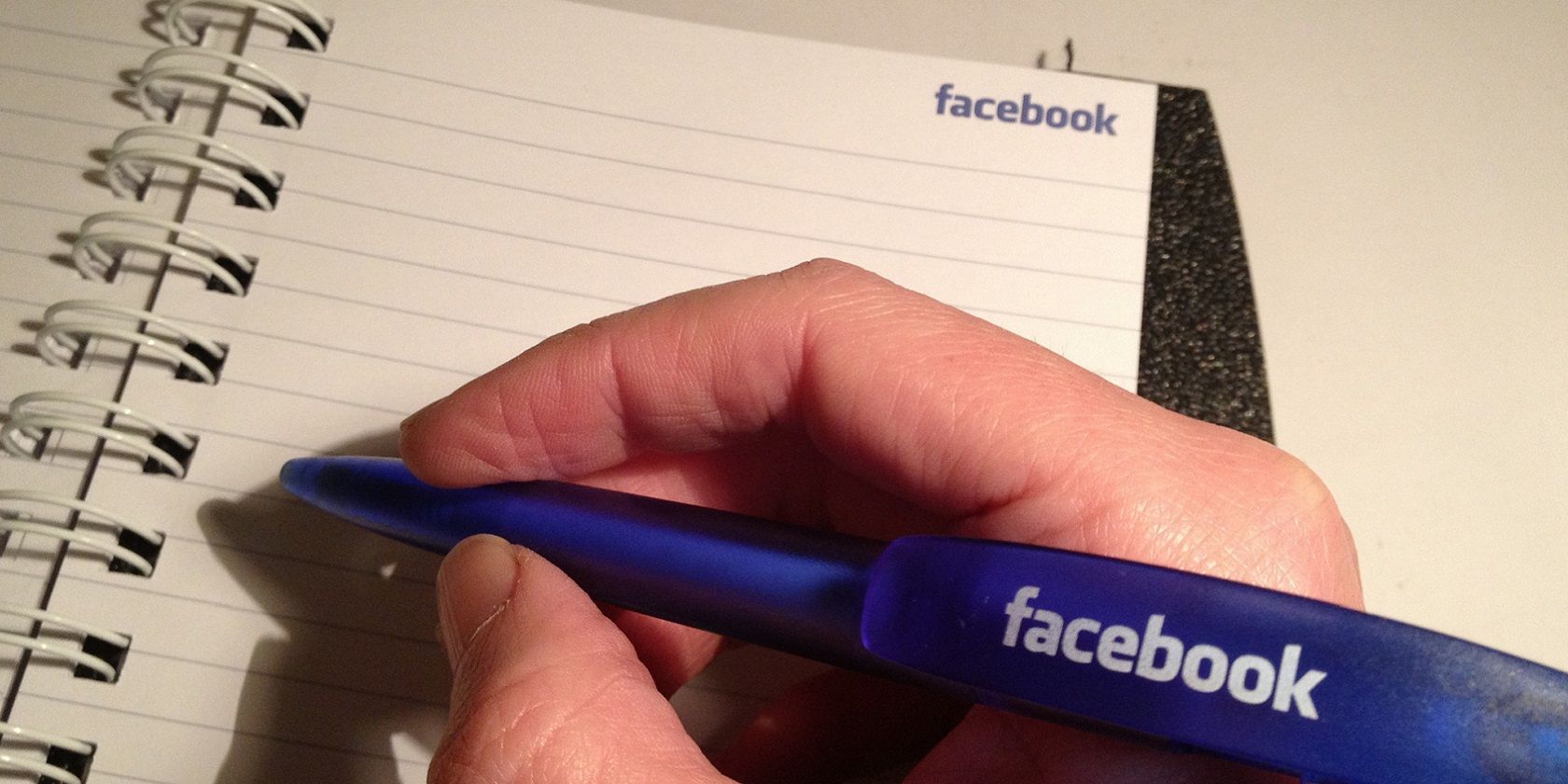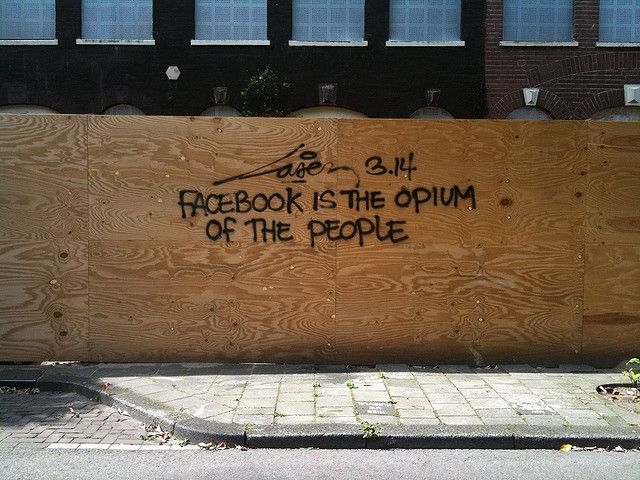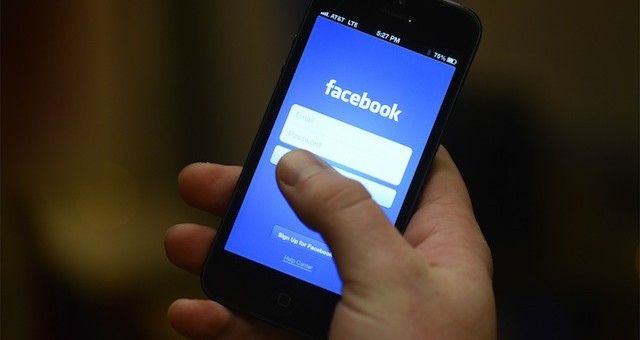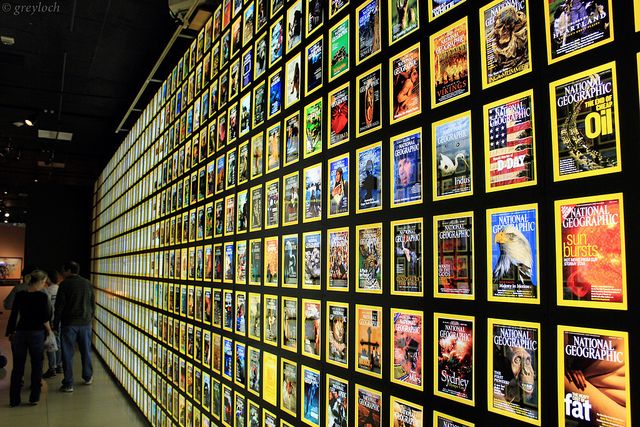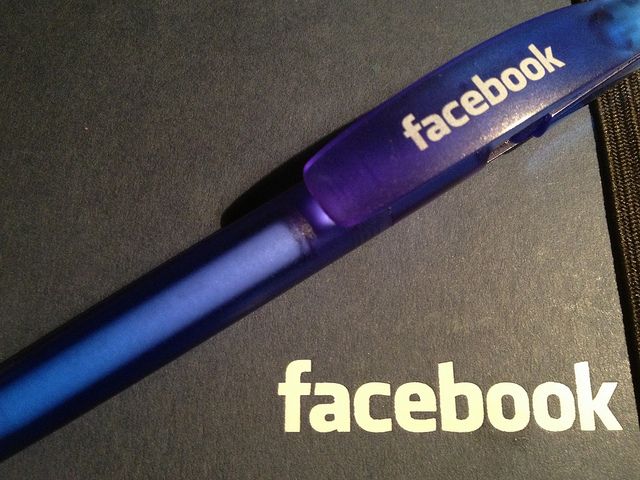News outlets are considering publishing stories straight to Facebook. It's easy to be cynical. But this change could be a good thing – for readers and journalists.
At least half a dozen news agencies, including the New York Times, have been in talks with the social networking giant, which currently has over 1.4 billion global users.
We've already looked at Facebook's Internet monopoly in countries like Brazil, Africa, and the Philippines, and how much Facebook knows about their members. With further concerns over censorship, conflicts of interest, and mood manipulation, this could be awful.
But let's look at another very real possibility: this could change the face of journalism in a positive way.
To Be Brief
Be as skeptical as you like, but Facebook says it has your best interests at heart: the main purpose of their hosting is to speed up news delivery. The current system involves linking to the agency's site. Generally, it takes less than 10 seconds – but some argue that even this is too long, particularly on a mobile device! Edward Kim, chief executive of analytics and distribution company, SimpleReach, told the New York Times that even marginal speed increases result in better user satisfaction and higher traffic.
As well as timeliness, the change may also mean news items are more concise. As Spanish writer, Baltasar Gracian said, "good things, when short, are twice as good."
It shows that society is changing and journalism is evolving with it: that brevity is now key.
In his book, How to Work as a Freelance Journalist, Marc Leverton writes:
"One of the great clichés about news writing is that 'facts are sacred.' This is obvious, but as the media has become increasingly opinionated, celebrity and lifestyle-driven, it is important to remember the distinction between those kinds of journalism and news writing. News writing starts with the most relevant information and works its way down to the least relevant. This is known as 'the inverted pyramid'..."
But newspapers, specifically tabloids, are flouting this guideline. The Metro, for instance, is a free UK newspaper circulated on public transport — it's designed to be a quick, simple read for commuters, yet in most cases, readers can skip the typically quirky first paragraph of items without much consequence.
The i, meanwhile, was launched as a cheap addition to The Independent, as a reaction to the changing consumption of news. The paper offers brief news at the beginning, followed by expanded copy further on.
With prose, you expect flourishes; with informative text, a concise article is often superior for its tautness. Mind you, the interesting prose experiment, OneSentence, gives credence to the important of clever copy regardless of the medium.
The Importance of Plain English
The Plain English Campaign has worked towards understandable, succinct language in official documents since the 1970s, and I spoke to their spokesperson, Liam Reddington about economical English.
Can you tell us about the core idea behind the Plain English Campaign?
PEC believes that people have a basic human right to understand public information which could be important to their lives. Since 1979, PEC have campaigned against gobbledygook, jargon and misleading information. We have helped many Government departments and other public organisations with their documents and reports.
How do you use social media to promote using simple language?
We do have a Facebook page and Twitter account, and always use standard English when using these means of communication. We also encourage the use of Twitter after we have given media interviews so that the issues we have been brought in to discuss can get the widest possible coverage. We want our customers and listeners to be active, not just passive observers.
Publications are considering using Facebook to host their work; do you think this may make stories more concise?
People increasingly read BBC news through an app and invariably "on the go". They read it on a small screen and don't want the news to be immediately in any depth. People increasingly choose what to read and what they want to follow up later. We live in a fast, 24 hour society where phones are constantly buzzing, so stories need to be concise and easily read.
Facebook's naturally a hugely popular service, but what other factors do you think have lead to this? Discontent with traditional newspaper journalism (particularly after hacking scandals and the like)? Shorter attention spans, partly harboured by social networking? Or something else?
Shades of all your points, I suppose, although I think there is an increasing discontent with the traditional newspaper following issues such as hacking, and so on.
We live in a world where people have a shorter attention span and need to be constantly stimulated: they don't sit and read for long periods of time. The traditional media has diminished in terms of being the gatekeeper for many kinds of news and information; texting and social networking is now the major force in this phenomenon. Traditional media should ignore this at their peril.
I know it's difficult because we're talking in generalities here, but how do you think Twitter had affected your campaign? Are people writing more succinctly due to the character limit, or have people just reverted to text speak and jargon?
All depends. This medium will neither force nor deflect the writer away from using plain English. People are not wrong to use text speak and so on in context: the problem arises when it is not in context. Examples of this might be job applications, exams in written English or the dissemination of public information which needs to be easily read and understood. At all times the writer needs to be aware of audience and purpose.
Five years ago, the i newspaper was launched. Was this a sign that journalism was changing, and do you think it actually has?
The i newspaper reflects the increasing need for snapshot views of the news for people with busier and busier lives.
Readers seem increasingly able to differentiate between 'hard news" and opinion or editorial, so it was only a matter of time before a newspaper took the plunge and presented us with a concise and ostensibly factual front page. This may be a sign that the maturing of rolling news channels has resulted in a more sophisticated, diverse and discerning market rather than any change in journalism.
Spreading the Word
Interestingly, National Geographic is another publication in talks with Facebook. The internationally-renowned institution, however, is better known for its investigative, thorough journalism than snippets of news. This shows us a further way Facebook is changing the profession: potentially allowing those not normally interested to get a taste of new knowledge through more mass dissemination. With a consolidated global audience of 30.9 million, National Geographic may still appear an old, stuffy organisation to some, one that focuses on exactly what it promises – solely geography. But it has surprising breadth, with recent issues tackling the 25th anniversary of Hubble, the American civil war, blood ivory, and even what dogs tell us about genetics!
Of course, it's not exclusively dedicated to the written word: high quality photography is ingrained in its DNA. Similarly, its TV documentaries are consumed by millions internationally. Indeed, Facebook values videos, particularly as part of an advertising strategy.
I spoke to Maninder Singh Sahota, director of Lovarzi, a leading UK scarf online shop, about how his use of succinct posts have garnered thousands of likes. Lovarzi's Facebook page is mainly used for product promotions, interacting with customers, and occasionally getting feedback about potential ideas, as well as infrequent paid advertisements. He explains:
"Performance of a post really varies a lot depending on what type we're doing. Sometimes a really simple video can get a lot of shares, likes, and comments — like a video of our Doctor Who scarf appearing on the BBC Christmas ident. On another day, a simple post with just an image may be a hit.
"I think it really depends what message you want to communicate. But from my experience, a combination of text and image works most of times. I always like including a call to action or enticing title. Whether a post is long or short doesn't make much difference, as long as there is a reason for people to interact, share, or like the post. People don't mind reading long posts, as long as you can keep their attention. The main thing we try to do is to focus the post specifically to a certain section of our Facebook fans and not make it generic."
Here are further status tips that'll get you liked more often.
More of the Same?
Facebook is already responsible for providing news to its members; this new way is simply more immediate.
Naturally, the possibility is troubling. Facebook already seems to hide links to articles mentioning their competition. Nonetheless, if people care about a cause, an expose, a human interest story, they can make it popular through shares and links.
Hopefully, this will make writers up their game. Writing succinctly is a fine skill, and if we're honest, we all do otherwise.
What's your initial reaction? Do you worry about potential censorship? Or would you rather see more to-the-point news? Let us know below.
Image Credits: Facebook (i) by Sarah Marshall; Facebook (ii) by Sarah Marshall; Facebook-mobile-app by Maria Elena; National Geographic Magazine covers display by greyloch; and Facebook Is The Opium Of The People by Taco Ekkel.

